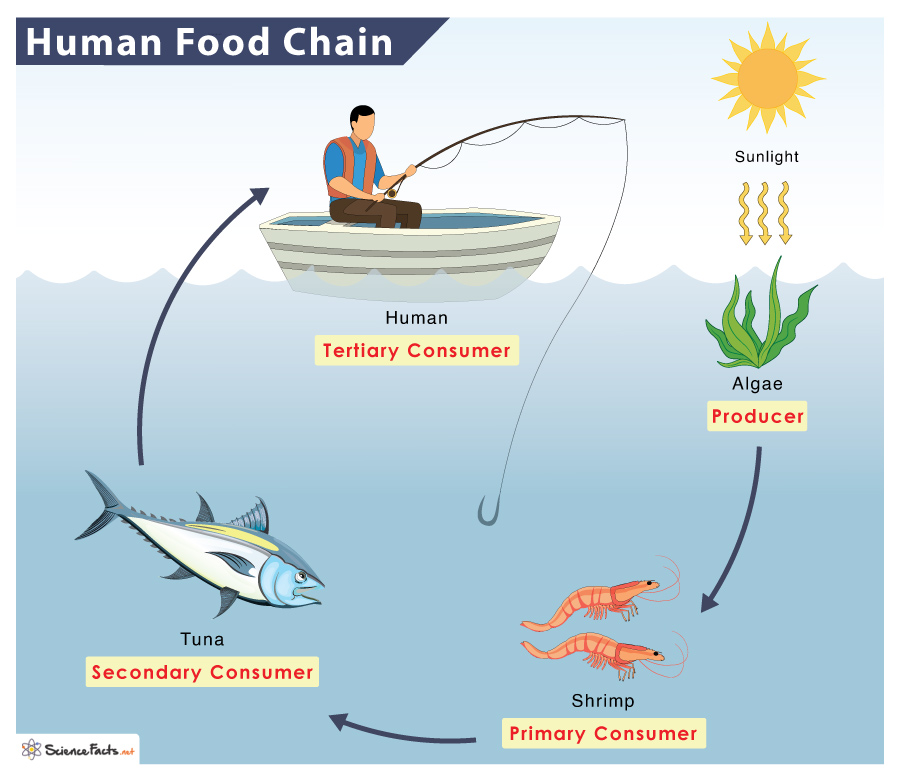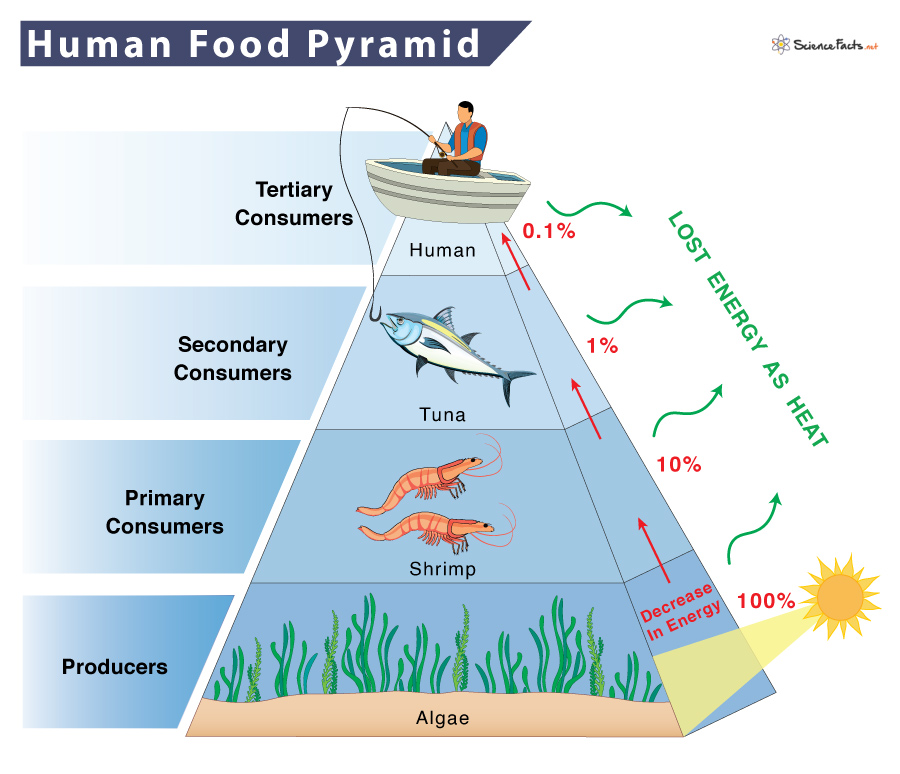Food once human is a topic that has fascinated and horrified humans for centuries. From the earliest reports of cannibalism in ancient cultures to the more recent cases of cannibalism in modern times, the practice of consuming human flesh has sparked a wide range of reactions, from disgust and revulsion to curiosity and fascination.
In this article, we will explore the complex and multifaceted topic of cannibalism. We will examine the ethical implications of consuming human flesh, the historical and cultural context of cannibalism, the medical and scientific aspects of cannibalism, and the literary and artistic representations of cannibalism.
Ethical Implications

Consuming human flesh raises complex ethical concerns that demand careful consideration. The practice, known as cannibalism, has been present in various societies throughout history, but its ethical implications remain a subject of debate.
Psychological Consequences
Cannibalism can have profound psychological effects on both the perpetrator and the victim. The act of consuming human flesh can desensitize individuals to violence and lead to a breakdown in societal norms. It can also cause psychological trauma and guilt for those involved.
Societal Consequences
The practice of cannibalism can have severe societal consequences. It can undermine social cohesion, erode trust, and create a climate of fear and insecurity. Cannibalism can also disrupt cultural and religious practices, as it violates deeply held beliefs and customs.
Cultural and Religious Perspectives
Cultural and religious perspectives on cannibalism vary widely. Some cultures have historically practiced cannibalism as a ritual or as a means of survival. In certain religious traditions, cannibalism is seen as a sacred act, while in others, it is considered a taboo or a sin.
Historical and Cultural Context

Cannibalism, the practice of consuming human flesh, has existed throughout human history. While it is often associated with primitive societies, it has also been practiced by advanced civilizations in various cultural and historical contexts.
In some cultures, cannibalism was a ritualistic practice with religious or spiritual significance. For example, the Aztecs of Mesoamerica believed that consuming the flesh of sacrificed victims allowed them to absorb their divine powers. Similarly, the Wari’ people of South America practiced ritual cannibalism to honor their ancestors and ensure their continued protection.
Motivations for Cannibalism
The motivations for cannibalism have varied widely. In some cases, it was a means of survival, as in the case of the Donner Party, a group of American pioneers who resorted to cannibalism after becoming stranded in the Sierra Nevada mountains during the winter of 1846-1847.
In other cases, cannibalism was a form of warfare. The Scythians, a nomadic people of Central Asia, were known to consume the flesh of their defeated enemies as a way of intimidating their opponents and demonstrating their power.
Cannibalism has also been practiced as a form of punishment or revenge. In some societies, criminals or prisoners of war were cannibalized as a way of exacting retribution or deterring future offenses.
Medical and Scientific Aspects: Food Once Human

Consuming human flesh, a practice known as cannibalism, poses significant medical and scientific concerns. Understanding these risks is crucial for comprehending the implications of this act.
Disease Transmission
Cannibalism carries a high risk of disease transmission due to the presence of infectious agents in human tissue. Diseases such as kuru, Creutzfeldt-Jakob disease, and viral hepatitis can be transmitted through the consumption of infected human flesh.
Nutritional Deficiencies, Food once human
Human flesh is not a nutritionally balanced food source. It lacks essential vitamins and minerals, leading to potential deficiencies. Consuming solely human flesh can result in malnutrition and other health complications.
Scientific and Medical Perspectives
From a scientific and medical standpoint, cannibalism is strongly discouraged due to the associated health risks. The potential for disease transmission and nutritional deficiencies makes it a dangerous and unethical practice.
Literary and Artistic Representations
Cannibalism has captured the human imagination for centuries, inspiring a wide range of literary, film, and artistic works. These representations have played a significant role in shaping our cultural understanding of this taboo subject.
In literature, cannibalism has been explored as a symbol of primal fear, cultural difference, and the fragility of human civilization. Notable works include:
- The Odysseyby Homer: The cyclops Polyphemus devours several of Odysseus’ crew.
- The Cannibalby George Orwell: A man is stranded on a remote island and resorts to cannibalism to survive.
- Hannibalby Thomas Harris: A brilliant psychiatrist becomes a serial killer who cannibalizes his victims.
In film, cannibalism has often been used to explore the dark side of human nature and the horrors of war. Examples include:
- Cannibal Holocaustby Ruggero Deodato: A documentary crew is brutally murdered and cannibalized by a tribe in the Amazon rainforest.
- The Roadby John Hillcoat: A father and son travel through a post-apocalyptic world where cannibalism is rampant.
- Ravenousby Antonia Bird: A group of soldiers in the American Civil War encounter a cannibalistic monster.
In art, cannibalism has been depicted as both a grotesque and a fascinating subject. Notable works include:
- The Saturn Devouring His Sonby Francisco Goya: A depiction of the Roman god Saturn cannibalizing his own children.
- Cannibalismby Francis Bacon: A series of paintings that explore the horror and brutality of human cannibalism.
- The Dinner Partyby Judy Chicago: A feminist artwork that includes a table setting with 39 plates, each representing a famous woman who was killed or died by violence.
These literary, film, and artistic representations of cannibalism have played a significant role in shaping our cultural understanding of this taboo subject. They have explored the psychological, social, and ethical implications of cannibalism, and have raised important questions about the nature of human civilization.
Legal and Criminal Implications
Cannibalism, the act of consuming human flesh, has significant legal and criminal implications in various jurisdictions. The practice is universally condemned and prohibited by law, with severe consequences for those who engage in it.
Prosecution Challenges
Prosecuting cannibalism cases presents unique challenges due to the often fragmentary and circumstantial nature of the evidence. Gathering admissible evidence can be difficult, as cannibalism is typically carried out in secret and victims are often deceased or severely injured, making it challenging to establish intent and prove the crime beyond a reasonable doubt.
Questions Often Asked
Is cannibalism legal in any country?
Cannibalism is illegal in most countries around the world. However, there are a few countries where cannibalism is not explicitly prohibited by law. These countries include Papua New Guinea, Fiji, and Vanuatu.
What are the health risks of cannibalism?
Cannibalism can pose a number of health risks, including the transmission of diseases such as Kuru and Creutzfeldt-Jakob disease. Cannibalism can also lead to nutritional deficiencies, as human flesh is not a complete source of nutrients.
Why do people practice cannibalism?
There are a number of reasons why people practice cannibalism. These reasons include cultural beliefs, religious rituals, and survival. In some cultures, cannibalism is seen as a way to honor the dead or to gain the strength of the deceased.
In other cultures, cannibalism is practiced as a form of religious ritual. And in some cases, cannibalism is practiced as a way to survive in extreme circumstances.
